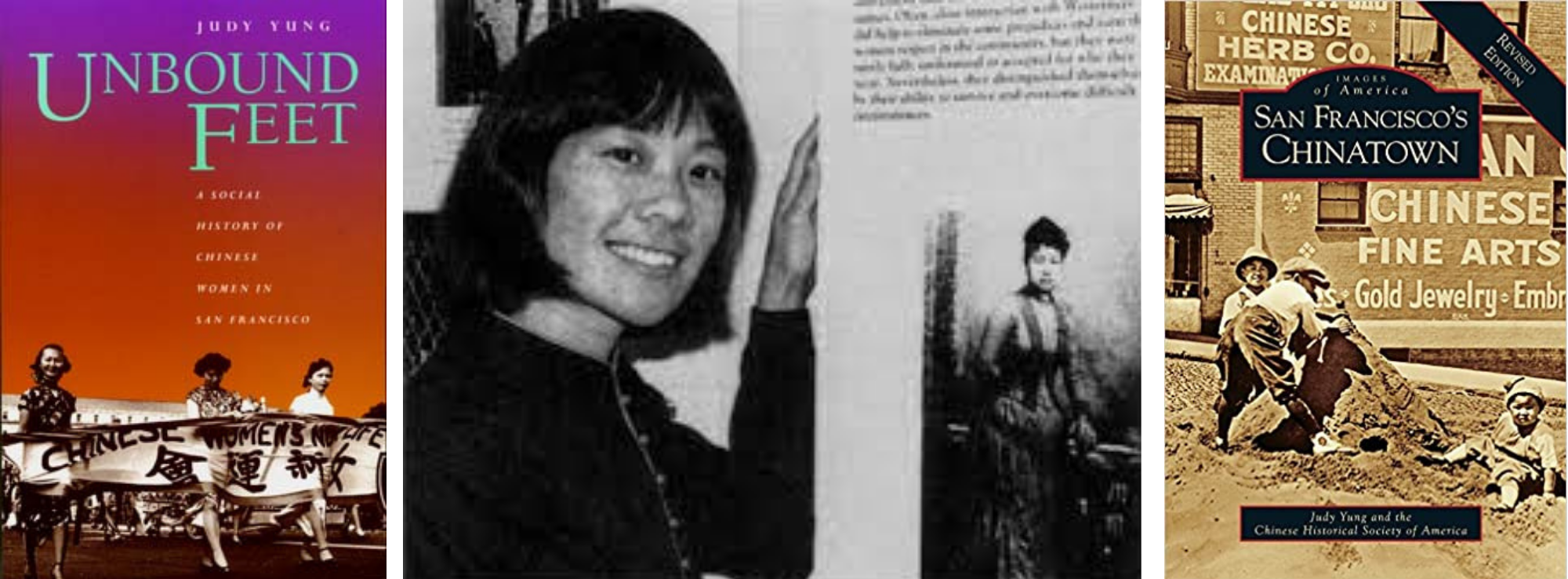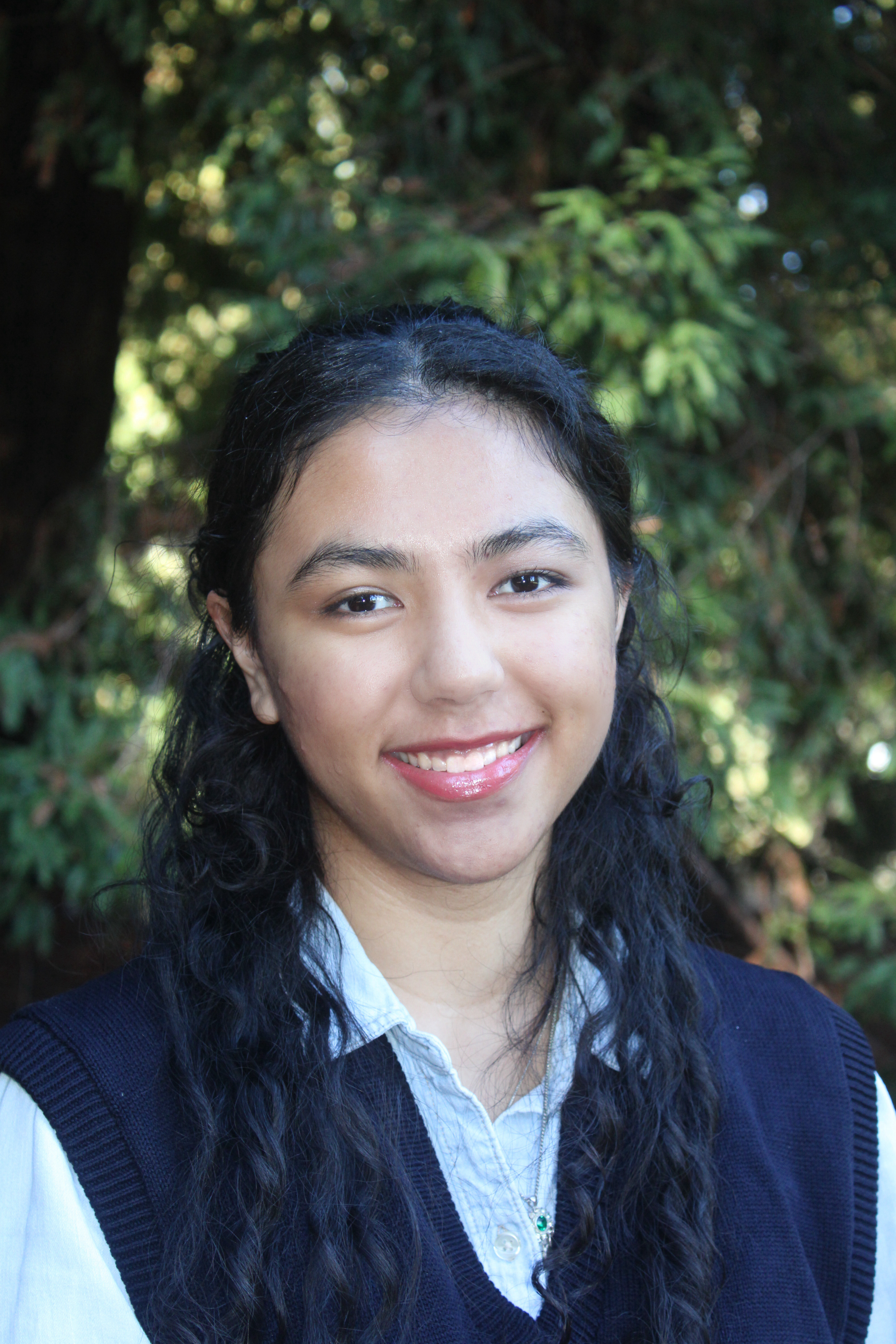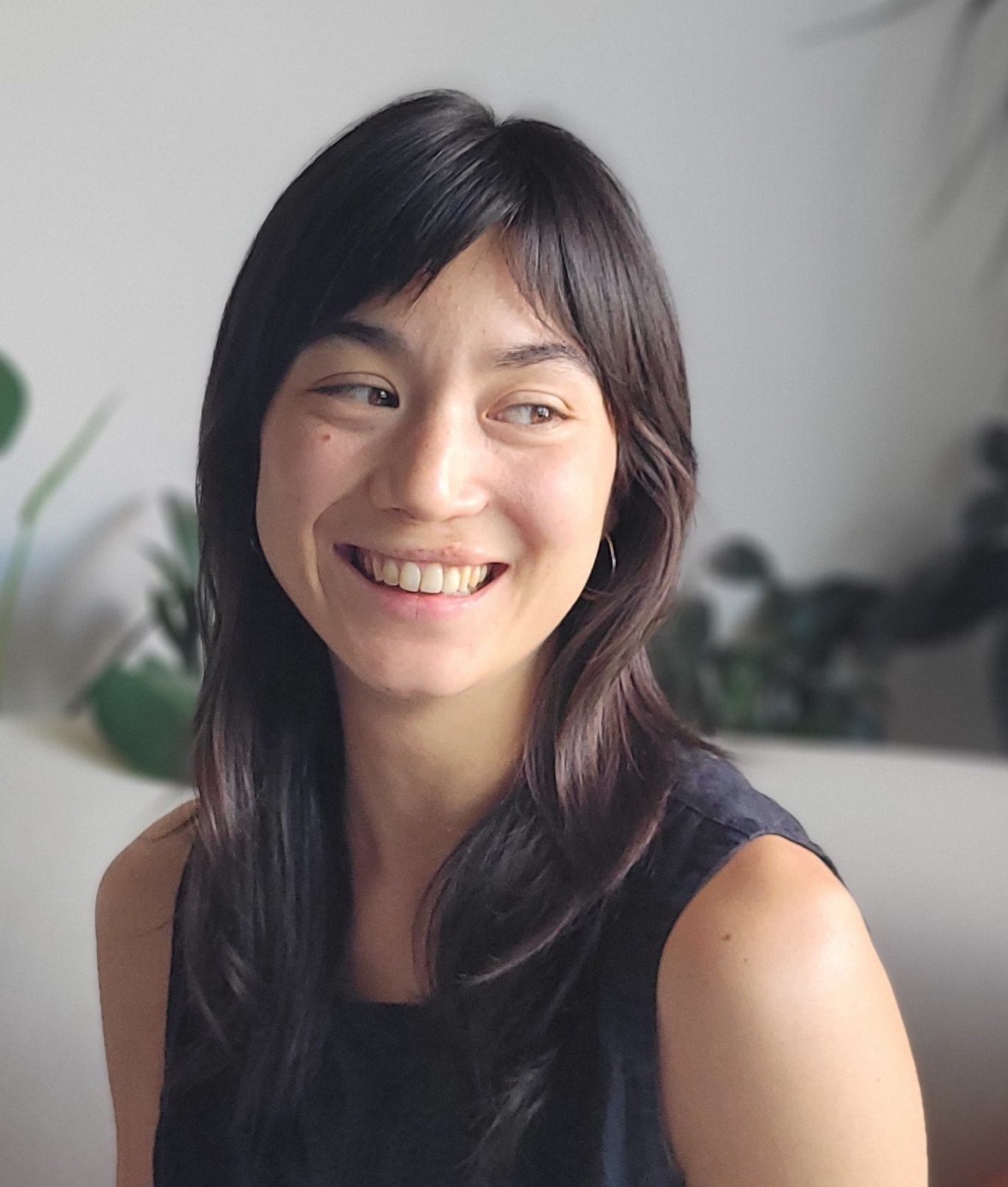Judy Yung Memorial Fund in Asian American/Pacific Islander Studies

Overview:
The Critical Race and Ethnic Studies Department is proud to announce the inaugural 2022 Judy Yung Memorial Fellowship in Asian American/Pacific Islander Studies. CRES invites students from all levels (undergraduate and graduate) to apply for funding to support Asian-, Asian diasporic-, Pacific Islander-, and Pacific Islander diasporic-related research geared towards the preservation of oral histories and engagement of local community archives.
Background:
Judy Yung was born to immigrant parents from China in 1946 and grew up in San Francisco’s Chinatown where she attended both Chinese-language and American public schools. Inspired by her family’s connection to this location and the profound lack of materials about Chinese Americans in the library she worked in, Yung began her journey as a historian by establishing the library’s Chinese-language and Chinese American collections. Yung then began collecting oral histories and worked to archive and preserve the poems discovered on the walls of the Angel Island Immigration Station and in 1981 began to organize the first exhibit on Chinese American women, which would later become the book Chinese Women of America: A Pictorial History (University of Washington Press, 1986).
After receiving her PhD in Ethnic Studies from UC Berkeley, Yung helped establish the Asian American studies program at UC Santa Cruz where she also taught courses in women’s studies, oral history, and mixed-race studies. After her retirement, Yung continued to build critical resources on the history of Chinese Americans by authoring and co-authoring several books. Her scholarship powerfully transformed conversations surrounding the Chinese American experience by archiving a wealth of images, stories, and experiences that would have otherwise been lost to time.
This fellowship seeks to honor the spirit of Yung’s socially committed scholarship by supporting students who work in the community archives and/or work to preserve the oral histories of Asians, Asian American, Asian diasporic, Pacific Islander, Pacific Islander American, and Pacific Islander diasporic populations.
Eligibility:
This application is open to UCSC undergraduate and graduate students with research interests in oral history and/or community archives. Preference will be given to CRES majors and Black Studies minors and graduate students with a Designated Emphasis in CRES.
Application Requirements:
To apply, please submit the following PDF format via GOOGLE FORM:
- 750-word project proposal
- timeline of completion (Must indicate completion by end of 2025-2026 Academic Year)
- resume/CV
- itemized budget
- Selected applicants will be expected to complete a final write up of their project that may be used on the CRES website and/or in the CRES Newsletters. Pictures to document the project will be encouraged.
The final deadline to apply is Thursday, February 20th 2025. For questions regarding this process, please reach out to Dejon Barber at DejonB@ucsc.edu You must be signed into your UCSC google account to submit this form.
Timeline: Thursday February 20th 2025
Current Judy Yung Memorial Fellows
YoungEun Kim, Film and Digital Media PhD Student
Alexyss McClellan-Ufugusuku, History PhD Student
Prior Judy Yung Memorial Fellows
2024
Julie Fintamag, History Major
 With funding from the Judy Yung Memorial Fellowship, I was able to conduct research for two projects that examine the 1930 Watsonville anti-Filipino race riots. First, I completed archival research, discourse analysis, and media editing for Watsonville is in the Heart’s (WIITH) Mapping a Recuperative History of Filipino Farmworkers in the Pajaro Valley project. In May of 2024, WIITH published two digital maps that document the events of the race riots and sites of belonging within the Filipino American community. Since the launch of the digital maps, I have publicly presented to local educators, community members, and fellow students, on our team’s research process and historical interventions. Second, I carried out an independent research project on discourse used in the articles about the race riots that were published in a local newspaper, Evening Pajaronian. In my analysis of these sources, I noticed a bias in reporting that portrayed police officers in a neutral and often positive light, while representing Filipinos as instigators or perpetrators. I produced a digital exhibit on my research findings regarding the narrative bias in the Evening Pajaronian. Using the journalistic and oral historical accounts, I highlighted the differences in narratives and the implicit biases of the media that served to fuel anti-Filipino sentiment in Watsonville. This digital exhibit emphasizes the ways in which institutions of law and order acted towards Filipino migrants, how they were portrayed as helpful or harmful, and the ways in which they were active in fueling the anti-Filipino hysteria. These two projects have added to the limited scholarly and educational resources on the 1930 Watsonville anti-Filipino race riots, making these histories more accessible to the wider public, most importantly local educators and students.
With funding from the Judy Yung Memorial Fellowship, I was able to conduct research for two projects that examine the 1930 Watsonville anti-Filipino race riots. First, I completed archival research, discourse analysis, and media editing for Watsonville is in the Heart’s (WIITH) Mapping a Recuperative History of Filipino Farmworkers in the Pajaro Valley project. In May of 2024, WIITH published two digital maps that document the events of the race riots and sites of belonging within the Filipino American community. Since the launch of the digital maps, I have publicly presented to local educators, community members, and fellow students, on our team’s research process and historical interventions. Second, I carried out an independent research project on discourse used in the articles about the race riots that were published in a local newspaper, Evening Pajaronian. In my analysis of these sources, I noticed a bias in reporting that portrayed police officers in a neutral and often positive light, while representing Filipinos as instigators or perpetrators. I produced a digital exhibit on my research findings regarding the narrative bias in the Evening Pajaronian. Using the journalistic and oral historical accounts, I highlighted the differences in narratives and the implicit biases of the media that served to fuel anti-Filipino sentiment in Watsonville. This digital exhibit emphasizes the ways in which institutions of law and order acted towards Filipino migrants, how they were portrayed as helpful or harmful, and the ways in which they were active in fueling the anti-Filipino hysteria. These two projects have added to the limited scholarly and educational resources on the 1930 Watsonville anti-Filipino race riots, making these histories more accessible to the wider public, most importantly local educators and students.Adriane Stoia, History PhD Student
Project: Twenty-First Century Reclamation of Hajichi by the Shimanchu Digital Diaspora
2023
Lex McClellan-Ufugusuku, History PhD Student
2022
Jane Komori, History of Consciousness PhD Student

With support from the Judy Yung Memorial Fellowship, I was grateful to be able to pursue a community-based research project related to my doctoral research. While holding the fellowship, I began to transcribe and translate a selection of the Japanese-language oral history recordings held at the Nikkei National Museum and Simon Fraser University that deal with Japanese Canadian forced labor on sugar beet farms and road construction camps during WWII mass incarceration.
While this is an ongoing and time-intensive project, I hope that in the future the translations will be made available alongside the oral history recordings. While there are a number of young Japanese and Asian Canadians researching mass incarceration, not all are able to complete research in Japanese, and I hope to make more of the scant records of first- and second-generation Japanese Canadians available to community members and researchers. Further, I have been honored to deal with these materials, which are unusual insofar as they deal explicitly with the experiences of Japanese Canadians who were forced to work during mass incarceration. This is an understudied and underappreciated aspect of mass incarceration that I hope to bring more attention to, both in terms of how we understand Japanese Canadian history and in terms of how we understand the broader history of settler colonialism and racial capitalism in Western Canada.
Katrina Pagaduan, History major
Project: Watsonville is in the Heart


